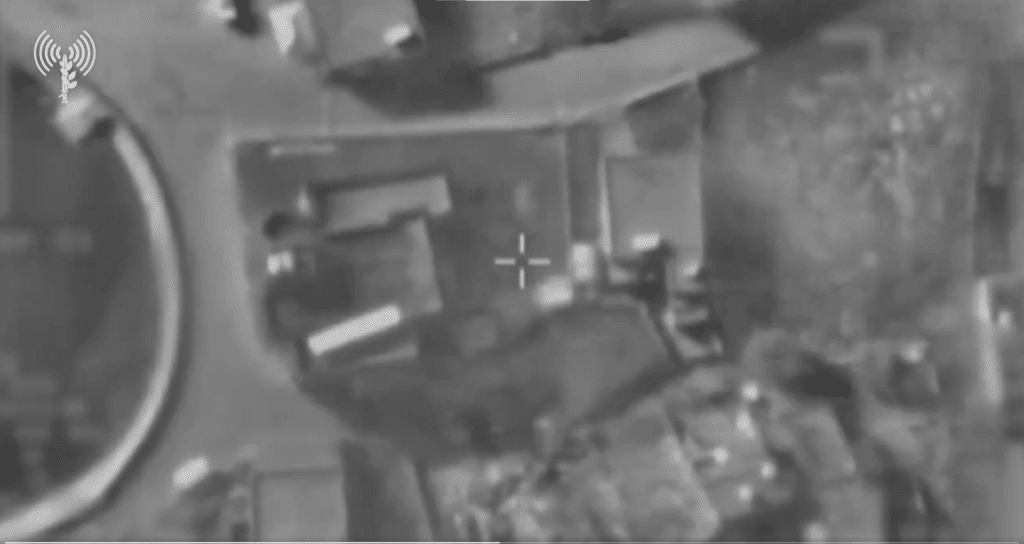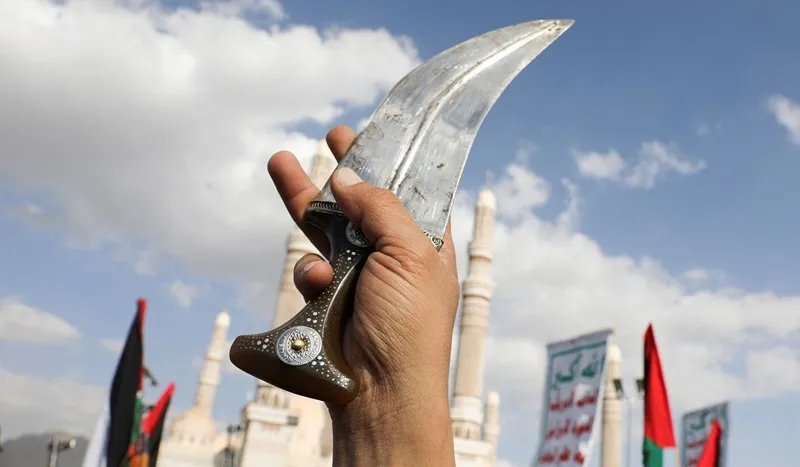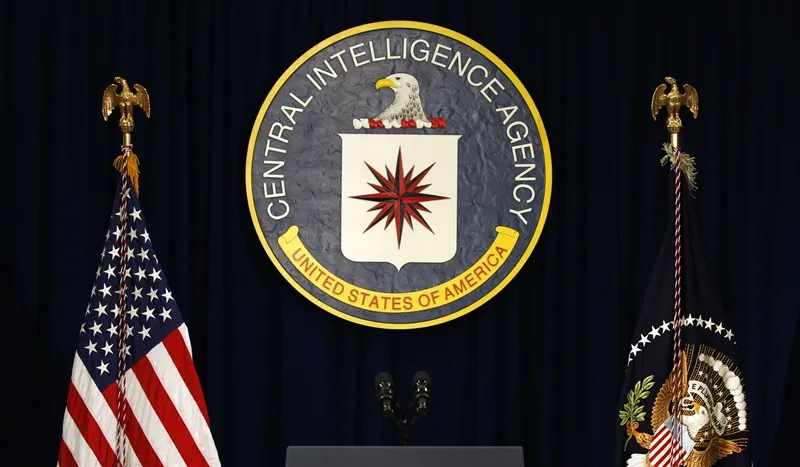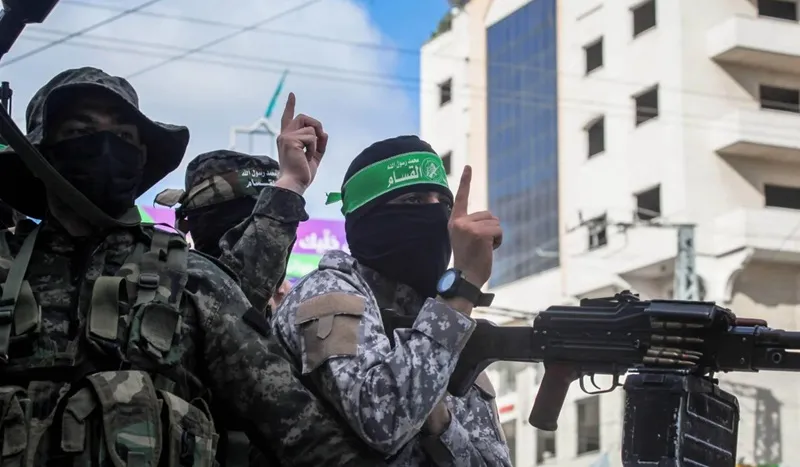Hezbollah Rocket Attack Wounds Two Israeli Soldiers

Latest Developments
Hezbollah terrorists wounded two Israeli soldiers in a rocket attack on northern Israel on February 6. The Israel Defense Forces (IDF) said that “terrorists launched several projectiles towards Margaliot in northern Israel. Following the attack sirens sounded warning people of the imminent threat. IDF artillery retaliated and struck the sources of the fire.” The two lightly wounded soldiers were evacuated to a hospital, the IDF said.








